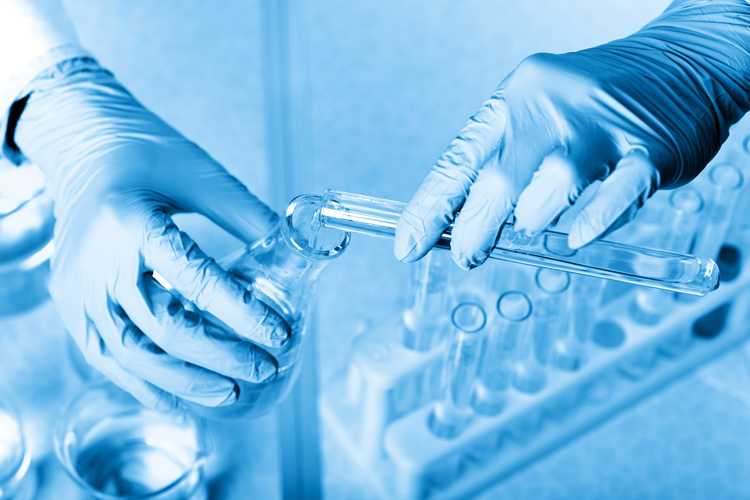+86-13961672821
+86-510-86268020
trust@hi2000.com
trust@hi2000.com
Room 807,No.169 Changjiang road,Huifu plaza,New centre,Jiangyin,Jiangsu China



Views: 0 Author: Site Editor Publish Time: 2024-11-20 Origin: Site









In the realm of sterilization, Glutaraldehyde stands out as a potent agent, particularly when it comes to eliminating microorganisms in water systems. This robust compound, also known by its chemical name Glutaric dialdehyde, plays a crucial role in maintaining water purity and safety. But how exactly does Glutaraldehyde achieve such effective sterilization? Let's dive into the mechanisms and benefits of this powerful disinfectant.
Glutaraldehyde, with its chemical formula C5H8O2 and CAS number 111-30-8, operates through a multifaceted approach to sterilize microorganisms.
Glutaraldehyde is a potent biocide widely used for sterilizing microorganisms in water systems. It works by cross-linking with the amino groups in proteins and other cellular components, disrupting the structural integrity of microbial cells. This cross-linking action effectively inactivates enzymes and other essential proteins, leading to the loss of cellular function and ultimately causing cell death. The aldehyde groups in glutaraldehyde react with the amino groups in the proteins, forming stable covalent bonds that alter the protein's structure and function, making it impossible for the microorganisms to survive.
In addition to its protein cross-linking capabilities, glutaraldehyde also affects the nucleic acids within microbial cells. It can penetrate the cell membrane and interact with the DNA and RNA, leading to the disruption of replication and transcription processes. This dual action—protein inactivation and nucleic acid disruption—makes glutaraldehyde highly effective against a broad spectrum of microorganisms, including bacteria, viruses, fungi, and spores. Its efficacy in water systems is further enhanced by its ability to remain active over a wide range of pH levels and temperatures, making it a versatile and reliable choice for microbial control in various industrial and healthcare settings.
One of the reasons Glutaraldehyde is so effective as an antibacterial disinfectant is its ability to maintain stability and efficacy over a wide range of pH levels. This stability ensures that it can perform consistently in various water conditions, making it a versatile choice for water system sterilization. Additionally, Glutaraldehyde has a broad-spectrum activity, meaning it can target a wide variety of microorganisms, from common bacteria to more resilient spores.
In water systems, the need for a reliable disinfectant cannot be overstated. Glutaraldehyde is frequently used in industrial and medical water systems to prevent the growth of harmful microorganisms. Its application ranges from sterilizing medical equipment to treating water in cooling towers and pipelines. The compound's ability to penetrate biofilms—a common protective layer formed by microorganisms—further enhances its effectiveness, ensuring comprehensive sterilization.
While Glutaraldehyde is a powerful sterilizing agent, it is also important to handle it with care. Proper safety measures, such as using gloves and protective eyewear, are essential when working with this chemical. In industrial settings, automated systems are often employed to dispense Glutaraldehyde, minimizing direct human contact and ensuring precise dosages.
In conclusion, Glutaraldehyde, also known as Glutaric dialdehyde or by its CAS number 111-30-8, is a highly effective antibacterial disinfectant for water systems. Its ability to cross-link with and inactivate microorganisms, combined with its stability across various pH levels, makes it an invaluable tool in maintaining water purity. Whether in medical, industrial, or other settings, Glutaraldehyde ensures that water systems remain free from harmful microorganisms, safeguarding both equipment and human health.